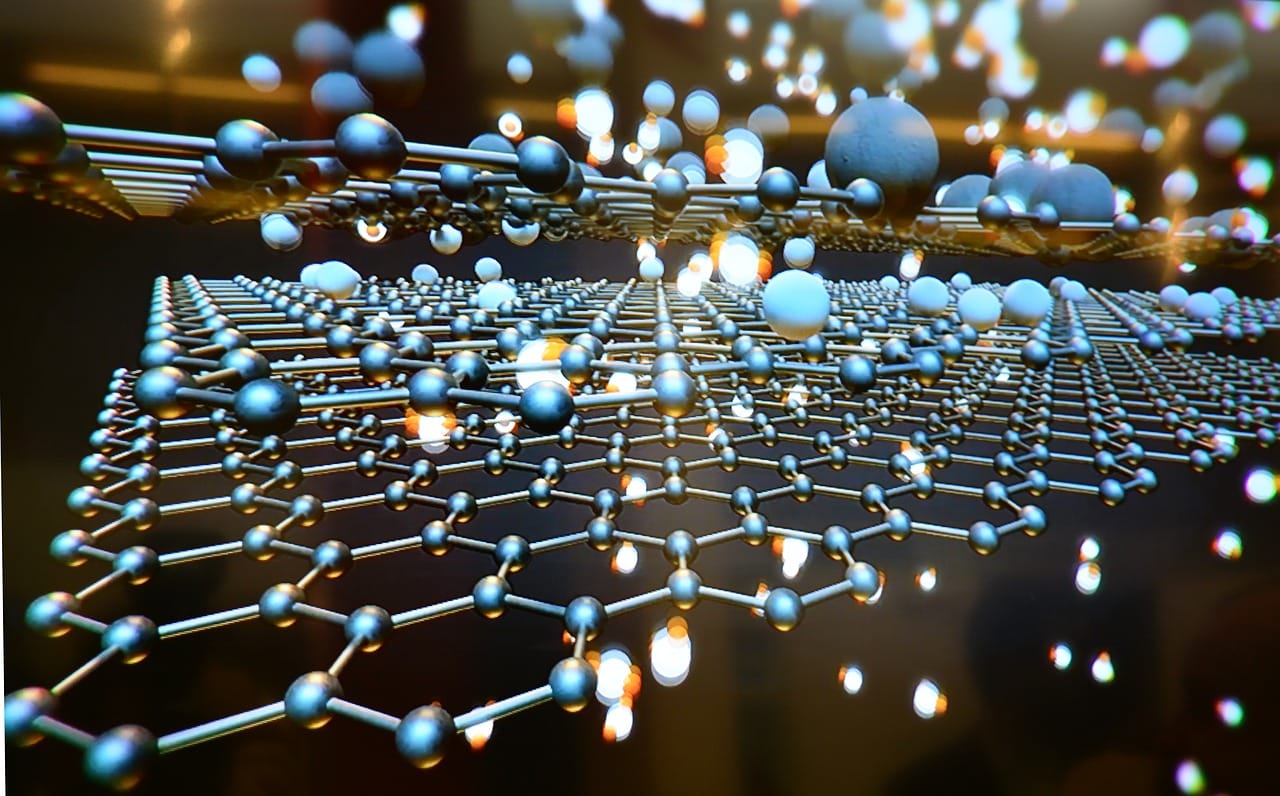
Both teams are addressing key societal challenges on future energy and food security: seeking breakthroughs by using 2D materials to produce hydrogen to generate energy, and by designing polymer hydrogels to increase food production.
The Eli and Britt Harari Enterprise Award, in association with Nobel Laureate Sir Andre Geim, is awarded each year to help commercialise graphene proposals from Manchester University students, researchers and graduates. The prize is supported by former Manchester physics student, Dr Eli Harari, founder of global flash-memory giant, SanDisk
Graphene through the ages: how The Engineer has reported on the rise of the 2D wonder material
The first prize of £50,000 was awarded to the team behind NanoPlexus which is aiming to develop a range of products based on nano-material aerogel technology that will offer cost-effective renewable hydrogen production. The runner-up, receiving £20,000, was AEH Innovative Hydrogel Ltd. Founded by recent PhD graduate Beenish Siddique, this technology aims to provide an eco-friendly hydrogel to farmers that not only increases crop production but also has potential to grow crops in infertile and water-stressed lands, with minimum use of water and fertilisers.
Beenish said: “Many farmers, especially in third world countries with warmer climates, are interested in my product. I have a solution that offers higher crop yield with less water and fertiliser usage, hence, less greenhouse gases emission and a much cleaner environment.”
Commenting on this year’s prize, awards judge and University of Manchester Professor Luke Georghiou, said: “The support provided by Eli Harari over the last five years has enabled new and exciting ventures to be developed. It provides our winners the early-stage funding that is so vital to creating a significant business, while also contributing to health and social benefit.”
The winners will also receive support from groups across the University, including the University’s new state-of-the-art R&D facility, the Graphene Engineering Innovation Centre (GEIC); its leading support infrastructure for entrepreneurs, the Masood Enterprise Centre; as well as wider networks to help the winners take the first steps towards commercialising these early-stage ideas.

Hard hat mounted air curtain adds layer of protection
Something similar was used by miners decades ago!